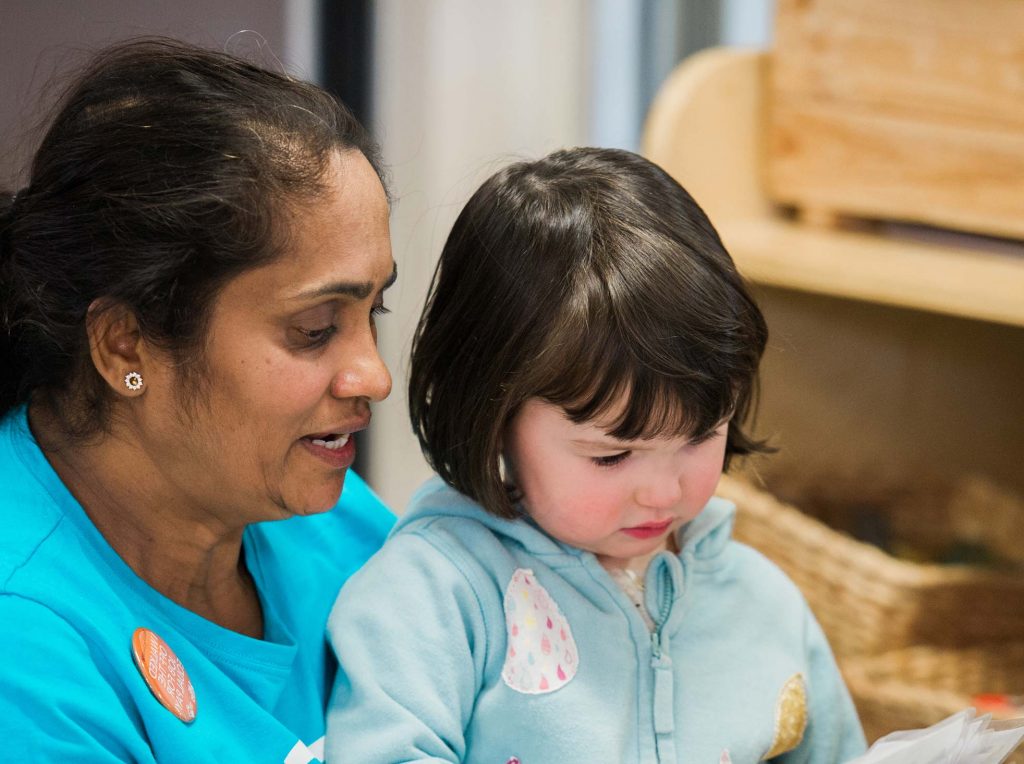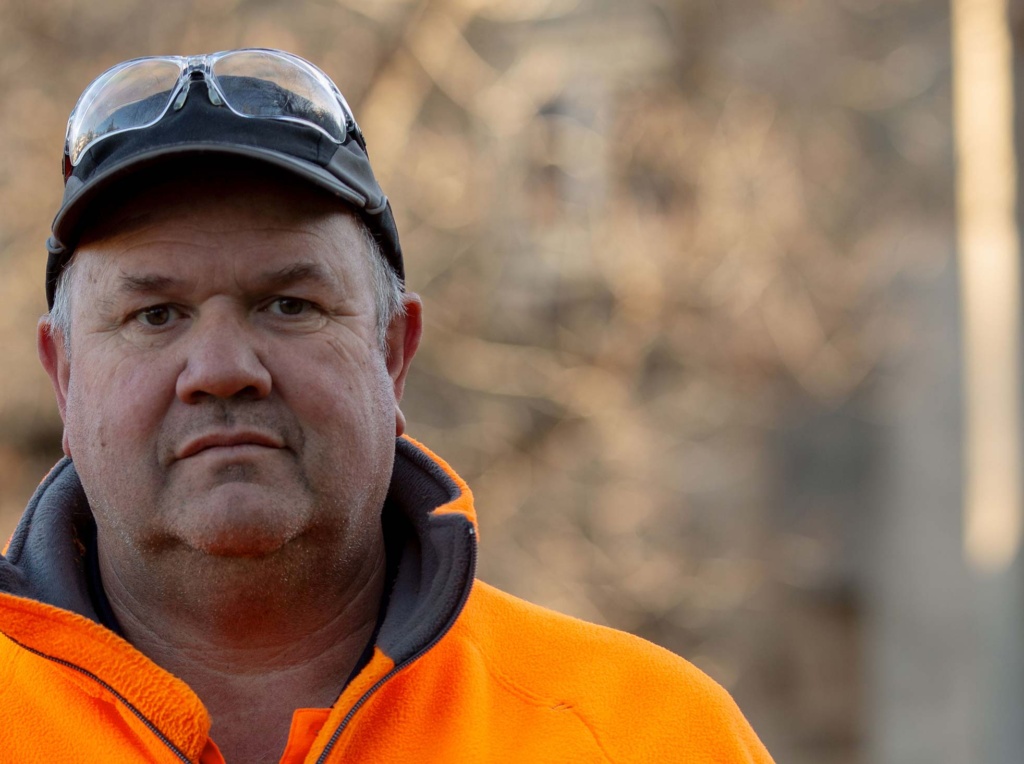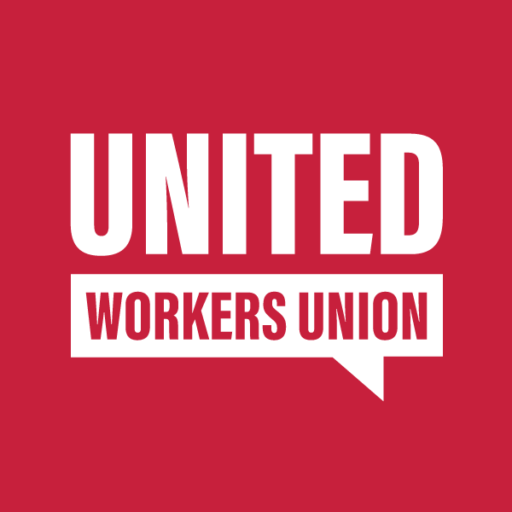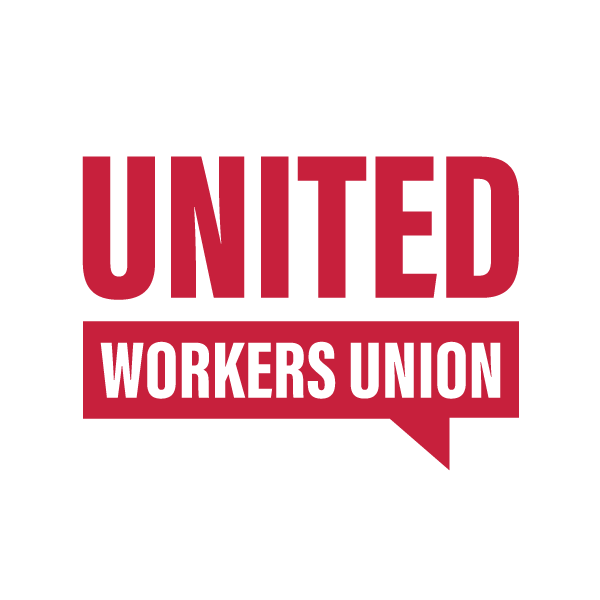climate and workers
Worker Justice is Climate Justice
Workers in Australia are on the frontlines of the climate crisis and UWU members are already dealing with the impacts of a changing climate on our work.
- Aged care workers, disability support workers and early childhood educators are left dealing with the increasingly severe health impacts of heat waves and bushfire smoke on vulnerable people and young children.
- Farm and dairy workers are already dealing with the impacts of increasingly severe drought, bushfires, heat stress, and associated water supply issues.
- Manufacturing, food processing, logistics and poultry workers are dealing with significant heat stress inside their workplaces.
- Workers in local clubs are overwhelmed and doing roles they’re not prepared for when their workplaces are used as evacuation centres during extreme weather events.
- Cleaners, gardeners and property services workers face increasing workloads during extreme weather events.
- Home Care workers, who work on the road, are particularly vulnerable to heat stress, and to getting ‘caught out’ in extreme weather events. Oh, and don’t forget worrying about the people we care for!
- All workers are facing a future with increasing levels of risk due to climate change; both inside and outside the workplace.
So we're Demanding workers be listened to
It’s time to value ALL workers.
A lot of UWU members already work in low-carbon jobs!
These jobs are typically done by women and are in some of Australia’s fastest growing sectors such as aged care, disability care, early childhood, education, healthcare, and hospitality. Yet they are significantly underpaid by Governments and employers.
How much we value these essential jobs says a lot about our society, and as the impacts of climate change become more severe, these kinds of jobs will become more and more important. UWU members stand for valuing these workers and their professions properly and creating more jobs in these sectors, which will help to build more resilient communities and improve quality of life for everyone.

Impacted People Deserve a voice
The world is rapidly moving to a zero emissions future, and this means new industries will emerge and existing industries will undergo significant transformations.
UWU members who work in high-carbon industries like oil-refining and manufacturing hold valuable knowledge and skills that can be put to good use in developing industries like renewable energy and green manufacturing. Many other UWU members are already in ‘low carbon’ jobs, and it’s important to note that every worker is impacted by climate change in one way or another.
Currently too many workers are at risk of being left without support as workplaces close, industries begin to transition without a plan and climate change impacts begin to cause risks to health and safety in the workplace.
We need plans and public funding to ensure skills are not lost, and workers are safe at work, and that workers in transitions are supported to move into secure jobs in industries which can make use of their skills and meet their other life needs. This would include sectors like renewable energy, zero-carbon hydrogen, green steel and low-carbon manufacturing.
Workers and communities must be involved in making these decisions
We can’t let the future of working people and our communities be decided in corporate boardrooms and private meetings. Public transition planning processes backed by public funding are needed, which guarantee a seat for workers at the table.
United Workers Union members will continue to campaign for just transitions, including sustainable jobs with union agreements, secure jobs and decent conditions for workers.

CLIMATE CHANGE IS SERIOUS AND URGENT
The climate scientists tell us very clearly: this is urgent, and we need to act now, there is no time left to wait.
As organised workers, we have an important role to play in making sure Australian workplaces, communities and political leaders step up to do what is necessary to limit global warming to well below 2C (the goal of the Paris Agreement).
Climate change has the greatest impacts on those already facing struggle; whether because of poverty, health conditions, insecure work, occupational health and safety issues, racism, sexism, ableism, or other causes. Acting on climate is also a clear opportunity for us to build a fairer future in which workers and communities are better off than today.
What we do between now and 2030 will shape our futures, at home and at work.

